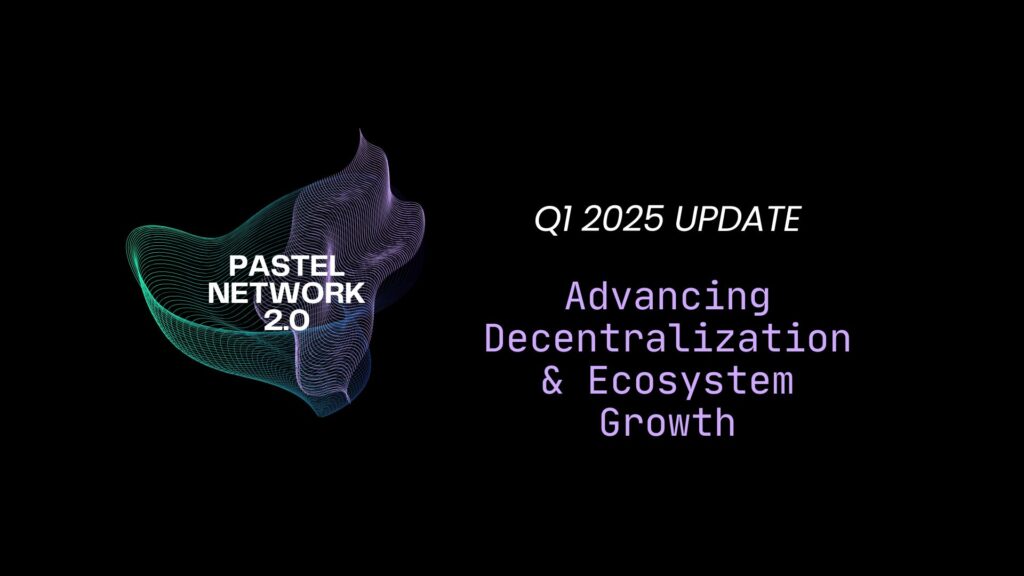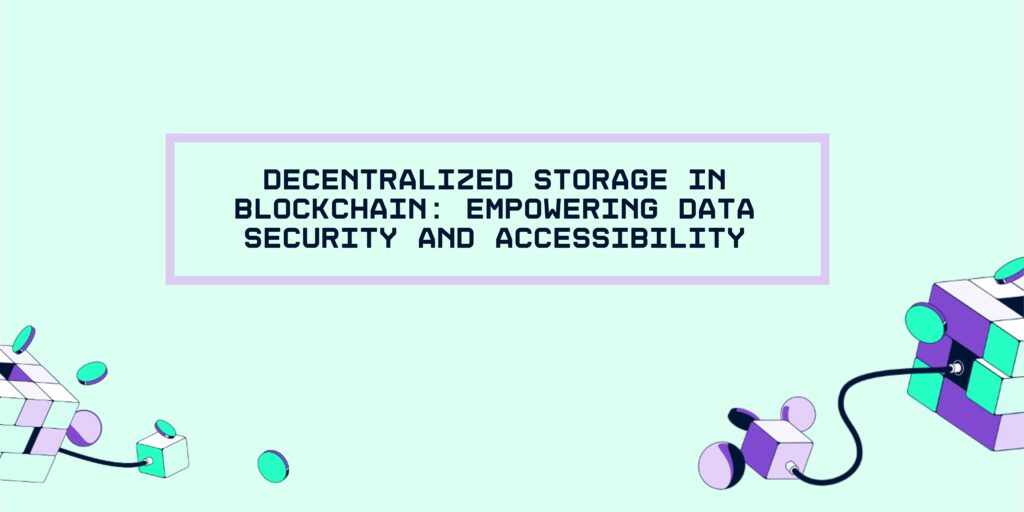How AI Plays a Role in Web3: A Look at Pastel Network’s Inference Protocol
The convergence of artificial intelligence (AI) and Web3 is setting the stage for a new era of technological innovation. Web3, the decentralized web, aims to return control to users, enabling peer-to-peer interactions without intermediaries. AI, on the other hand, provides intelligent, data-driven insights and automation. Together, these technologies are transforming various sectors, from finance and healthcare to entertainment and education.
One of the key players in this intersection is the Pastel Network, which has introduced its Inference protocol to provide AI and Large Language Model (LLM) tools to developers. This protocol integrates models from leading AI providers, including OpenAI, Anthropic, Mythral, Groq, and Swiss Army LLaMA, to enhance the functionality and capabilities of decentralized applications (dApps).
The Role of AI in Web3
AI enhances Web3 by offering advanced data analysis, automation, and decision-making capabilities. Here are some key areas where AI impacts Web3:
- Enhanced User Experience: AI-powered chatbots and virtual assistants can provide personalized user experiences, improving interaction and engagement within dApps.
- Data-Driven Insights: AI can analyze vast amounts of data generated by decentralized networks, providing valuable insights for decision-making, fraud detection, and predictive analytics.
- Automation: Smart contracts can leverage AI to automate complex processes, reducing the need for manual intervention and increasing operational efficiency.
- Security: AI algorithms can enhance security by identifying and mitigating threats in real-time, ensuring the integrity and safety of decentralized networks.
- Content Moderation: AI can help moderate content on decentralized platforms, ensuring compliance with community standards without centralized control.
Pastel Network’s Inference Protocol
Pastel Network’s Inference protocol is a cutting-edge solution that brings AI and LLM tools to the Web3 ecosystem. This protocol offers developers access to advanced AI models from various providers, enabling them to build more intelligent and efficient dApps.
Key Features of the Inference Protocol
- Diverse AI Models: The Inference protocol integrates models from top AI providers, including:
- OpenAI: Known for its powerful language models like GPT-3, OpenAI provides tools for natural language processing and generation.
- Anthropic: Focuses on developing safe and interpretable AI systems, offering robust solutions for ethical AI development.
- Mythral: Specializes in creating high-performance AI models optimized for specific tasks and industries.
- Groq: Provides AI accelerators and models designed for high-speed, efficient computation.
- Swiss Army LLaMA: Offers versatile AI tools capable of handling a wide range of tasks, from text generation to data analysis.
- Integration with dApps: Developers can seamlessly integrate these AI models into their dApps, enhancing functionality without the need for extensive AI expertise.
- Scalability: The protocol supports scalable AI operations, ensuring that dApps can handle increasing amounts of data and user interactions efficiently.
- Customization: Developers can customize AI models to suit their specific needs, enabling more tailored and effective solutions.
- Security and Privacy: The Inference protocol ensures that AI operations comply with stringent security and privacy standards, protecting user data and maintaining trust.
Use Cases of the Inference Protocol
- Decentralized Finance (DeFi): AI can analyze market trends and user behavior to optimize trading strategies, manage risks, and detect fraudulent activities in real-time.
- NFT Marketplaces: AI can enhance NFT platforms by providing personalized recommendations, automating the creation and curation of digital art, and ensuring the authenticity of assets.
- Healthcare: AI-powered dApps can analyze medical data to provide diagnostic insights, recommend treatments, and facilitate research, improving patient outcomes and operational efficiency.
- Gaming: AI can create more immersive and dynamic gaming experiences by generating intelligent NPC behaviors, optimizing game mechanics, and providing personalized content.
- Supply Chain Management: AI can optimize supply chain operations by predicting demand, managing inventory, and ensuring transparency and traceability across decentralized networks.
Conclusion
The integration of AI and Web3 is driving a new wave of innovation, creating smarter, more efficient, and secure decentralized applications. Pastel Network’s Inference protocol stands at the forefront of this transformation, providing developers with powerful AI and LLM tools from leading providers like OpenAI, Anthropic, Mythral, Groq, and Swiss Army LLaMA. By leveraging these advanced models, developers can enhance their dApps, unlocking new possibilities and paving the way for a more intelligent and decentralized future. As AI continues to evolve, its role in Web3 will only grow, offering unprecedented opportunities for innovation across various industries.







